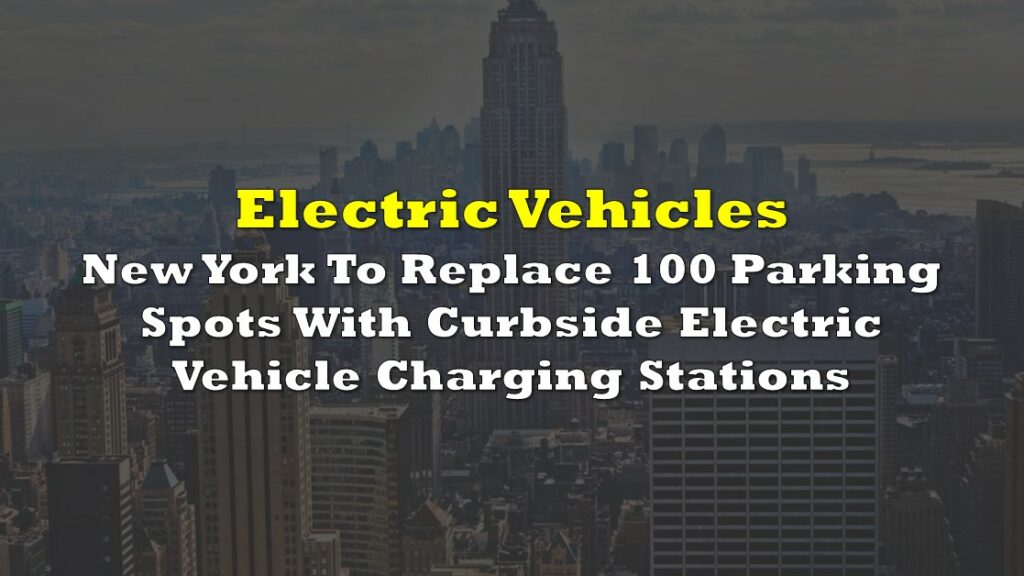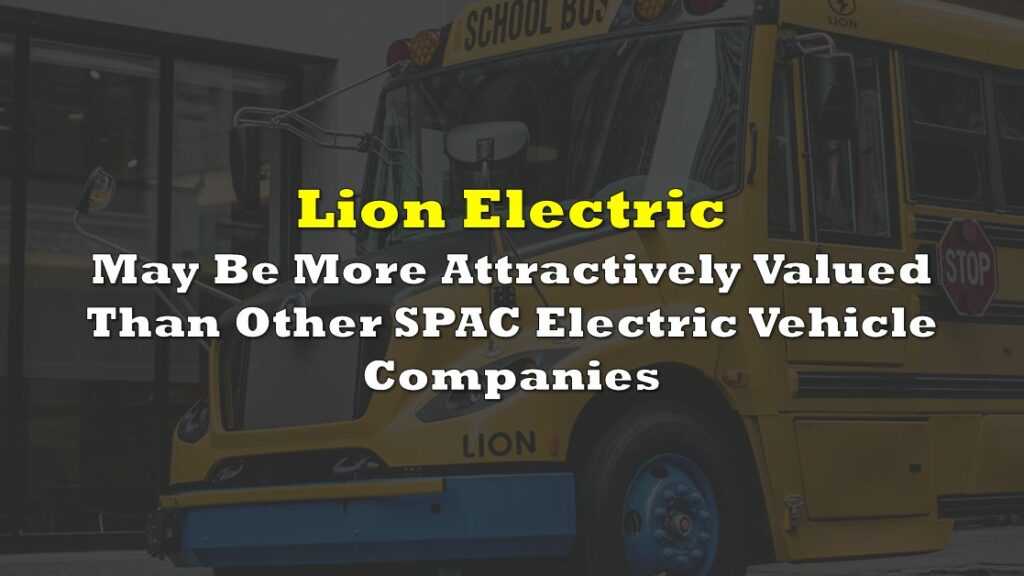Major players in the automotive industry, including General Motors, Ford, Honda, and now Panasonic, are reconsidering their plans for expanding electric vehicle (EV) capacity. Panasonic Energy, a key supplier to Tesla, has decided to abandon its $4 billion plan to build an EV battery factory in Oklahoma.
This move follows cancellations from customers regarding their EV capacity buildouts, indicating a potential shift in the dynamics of the EV market.
Major automotive firms like $GM, $F, $HMC & now, Panasonic are bailing on plans for further EV capacity.
— Motorhead (@BradMunchen) December 20, 2023
Pana just nixed plans for a $4bn cell plant in Oklahoma bc customers canceled their EV capacity build outs.
EV adoption may have peaked at 8% in the US in Q3. $TSLA pic.twitter.com/X6UNQNvcMG
EV adoption, which had been on a steady rise, may have reached a plateau, with the U.S. seeing an 8% peak in the third quarter of this year. Panasonic Energy’s decision to halt the Oklahoma project was announced on Wednesday, citing “careful deliberations.” While the company did not provide specific reasons for the cancellation, it marks a strategic pivot for Panasonic as it focuses on its already-announced Kansas plant.
The Oklahoma plant, which would have been Panasonic’s third in North America, was part of an agreement signed in April with the state government, outlining a substantial incentive package. The total investment for the factory was estimated at $5 billion. However, discussions with Oklahoma officials revealed differences over site conditions and potential subsidies, contributing to the decision to abandon the plan.
A Panasonic spokesperson confirmed the company’s commitment to the Kansas plant, currently under construction with an estimated investment of $4 billion and scheduled to begin operations by March 2025. The EV battery business has become a top priority for Panasonic, particularly as the United States offers significant tax credits to attract further investment to the country.
Panasonic’s struggles with high costs at the Kansas construction site have been a challenge, exacerbated by rising prices for construction and factory equipment under the Biden administration’s Inflation Reduction Act. Despite these challenges, Panasonic remains focused on its target of building 200 gigawatt-hours of battery capacity by early 2031.
The broader EV industry in the U.S. is experiencing uncertainty, with demand growth slower than anticipated. General Motors is among the companies adjusting their expansion plans, delaying the opening of a large electric-pickup-truck factory in Michigan. The industry landscape is evolving, and companies are recalibrating their strategies in response to market dynamics and external factors.
Information for this briefing was found via Nikkei Asia, The Wall Street Journal, and the sources mentioned. The author has no securities or affiliations related to this organization. Not a recommendation to buy or sell. Always do additional research and consult a professional before purchasing a security. The author holds no licenses.









